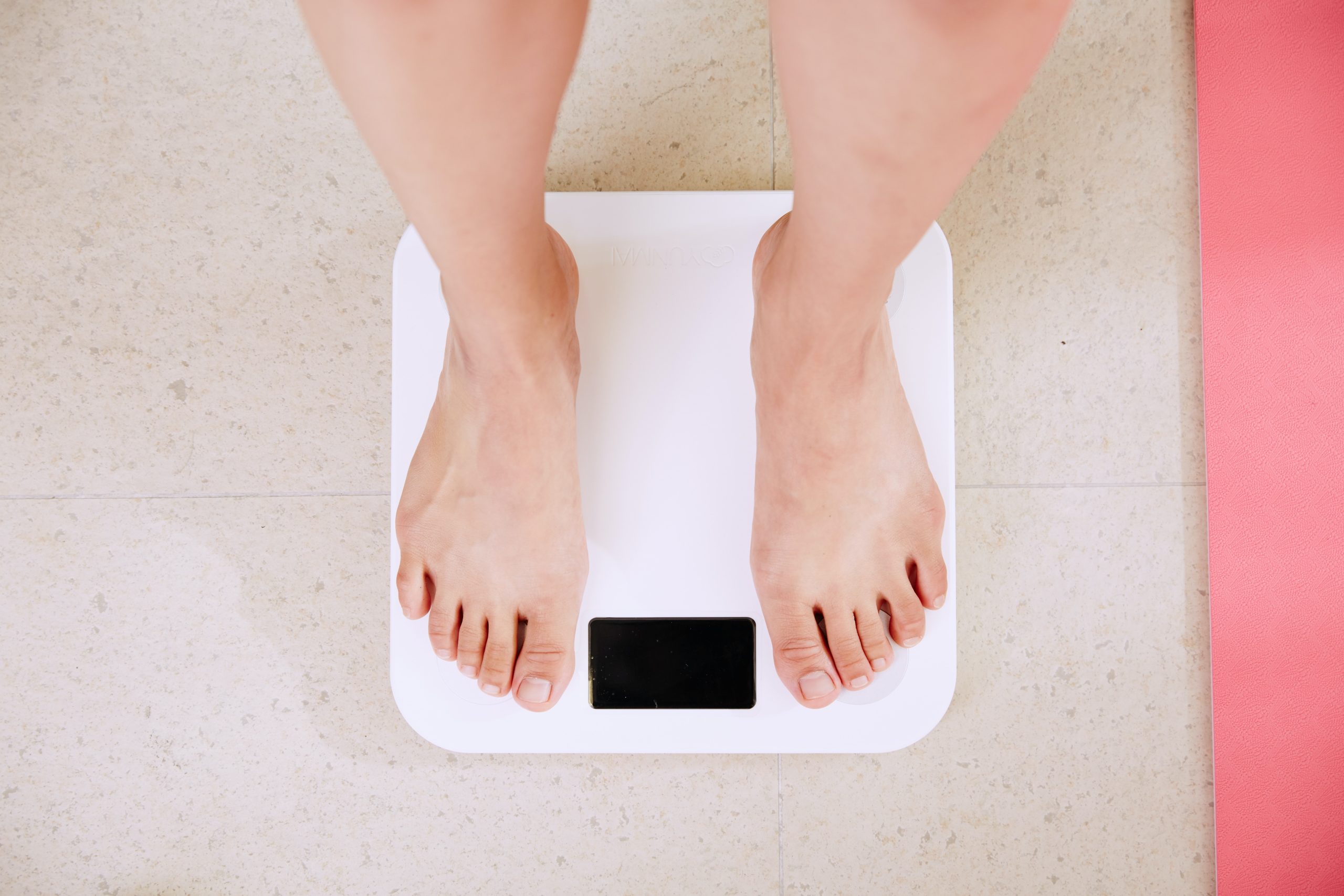7 Tips; Get Enough Sleep for Safe and Sustainable Weight Loss
Lack of sleep can disrupt your hormones and lead to weight gain. Aim for 7-9 hours of quality sleep per night to support your weight loss efforts.
When it comes to weight loss, most people focus on diet and exercise. While these factors are undoubtedly important, there is another crucial component that often gets overlooked – sleep. Getting enough quality sleep is not only essential for overall health and well-being, but it can also play a significant role in safe and sustainable weight loss.
The Link Between Sleep and Weight Loss
Research has shown that there is a strong connection between sleep and weight management. Lack of sleep can disrupt the balance of hormones that regulate appetite, leading to increased cravings and a higher likelihood of overeating. It can also affect the body’s ability to metabolize carbohydrates, leading to higher blood sugar levels and an increased risk of weight gain.
Furthermore, inadequate sleep can lead to increased levels of the stress hormone cortisol, which can promote fat storage, particularly in the abdominal area. It can also negatively impact insulin sensitivity, making it harder for the body to regulate blood sugar levels and increasing the risk of developing conditions like diabetes.
The Role of Sleep in Hunger and Satiety
Getting enough sleep is crucial for maintaining a healthy balance between hunger and satiety. When we are sleep-deprived, the hormone ghrelin, which stimulates appetite, increases, while the hormone leptin, which signals fullness, decreases. This hormonal imbalance can lead to constant feelings of hunger and a tendency to overeat, making it challenging to maintain a calorie deficit necessary for weight loss.
In addition to hormonal changes, lack of sleep can also affect our food choices. Sleep deprivation has been shown to increase cravings for high-calorie, sugary, and fatty foods. This can lead to a higher calorie intake and a greater likelihood of consuming unhealthy foods that hinder weight loss efforts.
The Impact of Sleep on Physical Activity
Not only does sleep affect our eating habits, but it also plays a role in our physical activity levels. When we are sleep-deprived, we often feel fatigued and lack the energy and motivation to engage in regular exercise. This can lead to a sedentary lifestyle, which hinders weight loss progress.
Furthermore, sleep is essential for muscle recovery and repair. During sleep, our bodies release growth hormone, which helps repair and build muscle tissue. Without adequate sleep, our muscles may not recover properly, leading to decreased muscle mass and a slower metabolism.
Tips for Getting Enough Sleep
If you’re looking to lose weight or maintain a healthy weight, it’s crucial to prioritize sleep. Here are some tips to help you get enough quality sleep:
- Establish a consistent sleep schedule by going to bed and waking up at the same time every day, even on weekends.
- Create a relaxing bedtime routine, such as reading a book or taking a warm bath, to signal to your body that it’s time to wind down.
- Avoid electronic devices, caffeine, and stimulating activities close to bedtime, as they can interfere with sleep quality.
- Create a comfortable sleep environment by keeping your bedroom cool, dark, and quiet.
- Engage in regular physical activity during the day, but avoid intense exercise close to bedtime, as it can make it harder to fall asleep.
By prioritizing sleep and making it a part of your weight loss journey, you can enhance your overall well-being, improve your ability to make healthy food choices, and increase your chances of achieving safe and sustainable weight loss.
DON’T MISS: ACCC Auto Insurance Pay Bill Online – www.drivewiththeeagle.com Login
Remember, weight loss is a holistic process that involves multiple factors, and sleep should not be underestimated. So, make sure to get enough quality sleep to support your weight loss goals and enjoy the numerous benefits it brings to your overall health and well-being.
